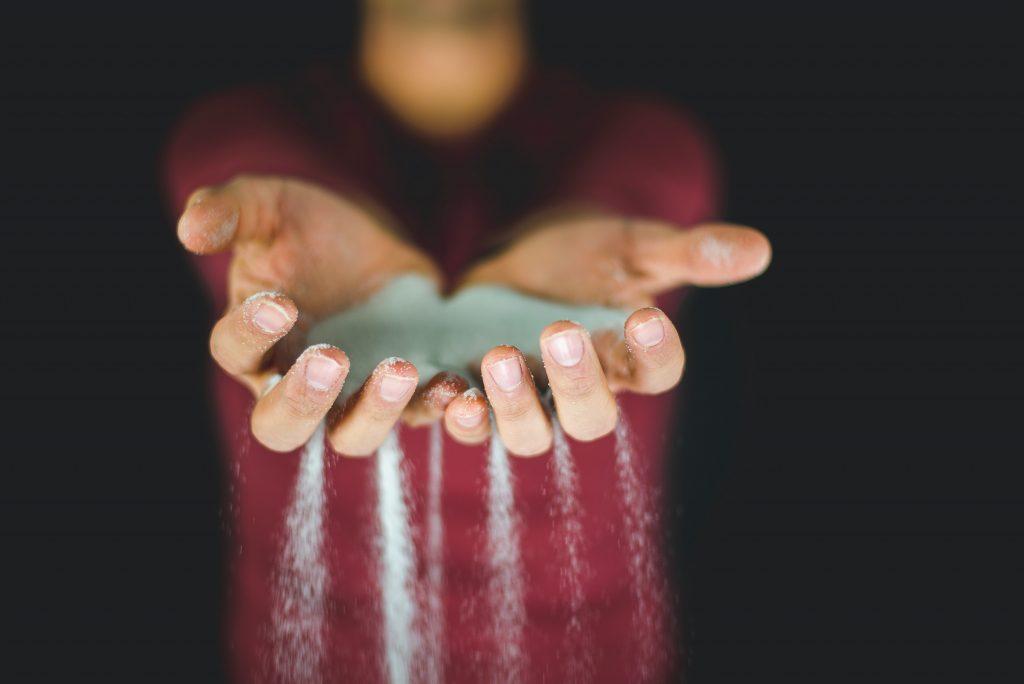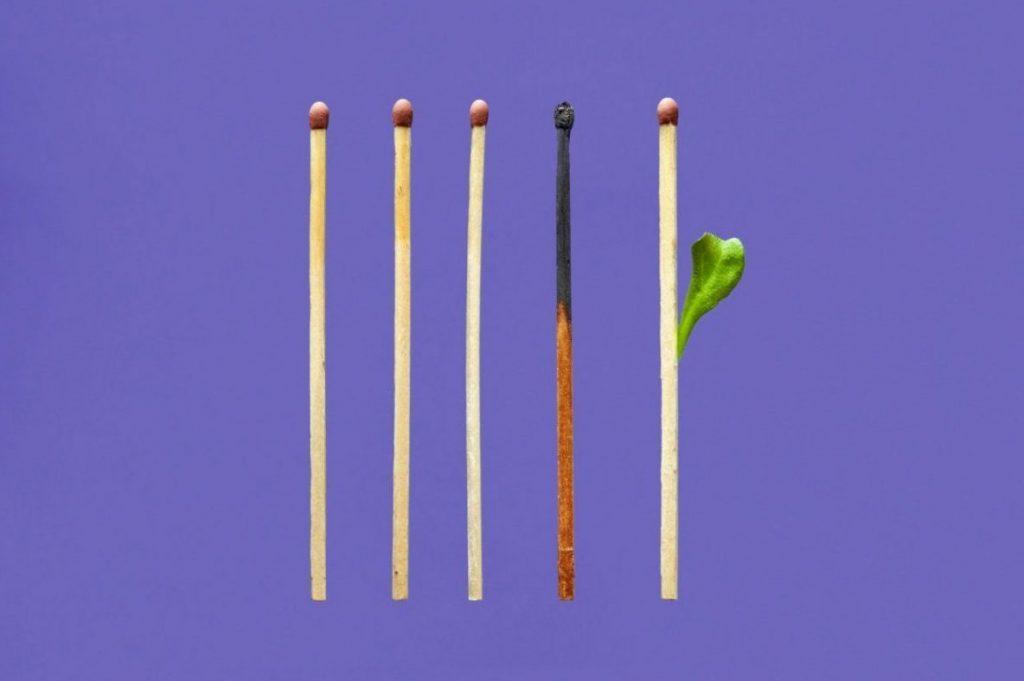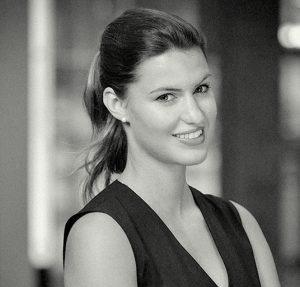Last month I submitted my doctoral thesis. The whole last month of my writing-up I had been looking forward to some mixture of exhilaration and joy as soon as I hit ‘send’. I expected angelic choirs and clouds parting for sunbeams to shine upon my face. The reality was significantly less thrilling. The actual process of submitting my thesis, the result of four and a half years of hard work, was as simple and quiet as uploading my files, clicking a button on a university website, then getting a curt ‘Thank you, your submission has been received’ message. No high fives, no champagne popping, no dancing in the streets. Instead, I closed my laptop, pulled on my pyjamas, and took a five-hour nap.
Where were the feelings of exhilaration? Why was I so tired? I posted a notice on Instagram that I had submitted my thesis and I had friends and family members sending me a litany of messages congratulating me and asking how I was going to celebrate. All I wanted to do was watch Netflix and sleep. And then I got sick (not COVID-19, I knew from testing). I sat on my bed surrounded by snotty tissues that piled up around stacks of library books that needed returning, and sticky notes with to-do lists all crossed off.
The next day, while making myself a carrot-orange-ginger smoothie in an effort to jump-start my immune system, I put on a Brene Brown podcast where she was interviewing two women, the Nagoski sisters, about their new book about burnout. Brené was talking about how nearly every doctoral student she supervised would get sick after submitting their thesis. The reason for this, the Nagoskis explained, was because even when life’s stressors are removed (like a thesis deadline), stress remains in the body and mind. Brené spoke about how our bodies seem to hold out on getting sick when we have lots on the go, and then as soon as we get a break, they tap out. To use a running analogy, it’s like how marathon runners can keep their legs moving for three hours but collapse the minute they cross the finish line, unable to go an inch further.
As I chopped ginger I couldn’t help but wonder if that’s exactly what was happening to me. It was possibly a coincidence, but it certainly made sense. I had been pushing myself for so long, and the minute I didn’t have to anymore, and could stop for a deep breath, my body crashed.


The mechanical definition of the verb ‘to burn out’ is “to cease functioning as a result of exhaustion of the fuel supply”. This is typically the definition applied to jet engines and rockets, but I think it’s also fairly accurate for human beings when we reach a point of physical or emotional exhaustion. My fuel had been depleted, and my body just couldn’t work anymore.
Researchers and other impact-oriented individuals are at high risk for emotional burnout. Certainly during the fieldwork phase, but during the writing-up period, as well, we have to relive what were often anxiety or trauma-producing experiences. For researchers, this is a sort of deep reminiscing- it’s not just remembering people and places we encountered, it’s a process of critically wrestling with them, constantly interrogating our memories for the sake of analysis and reflexivity. This can be utterly exhausting.
If you’re reading this and you’re a Masters or PhD student still to submit your final assignment, or even if you’re in some other profession and you have a large milestone on the horizon, my advice to you would be to temper your expectations of life post-submission/accomplishment. The reality may be far less anti-climactic than expected, and feelings of accomplishment may be overshadowed by fatigue.
Whatever you feel, it does not diminish the scale or significance of what you accomplish. I still feel extremely proud of myself and have certainly felt a weight lifted from my shoulders after submitting the thesis. And I don’t want to be too harsh on myself for feeling emotionally and physically exhausted, and judge myself for working too hard or not taking enough time to care for myself. Instead, I want to use the feelings that I have right now as an opportunity to listen to what my body is telling me. For now, I’m going to be intentional about giving my mind and body the attention it needs to get better. I’m going to be proactive about doing more physical activity and seeking positive social interactions, both of which are habits which largely fell by the wayside in the last month of my writing-up. For the future, when I have other big stressors coming up (because there will always be something, right?), I’m going to make sure I pace myself better, and see caring for myself as equally important as meeting the deadline.
Interested in you or your colleagues learning more about burnout and how to mitigate its effects? Send us a message at hello@gowithbedo.com to learn about workshop options.
Tags
About the author

